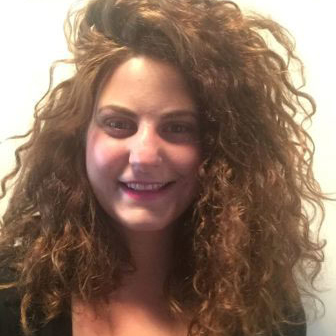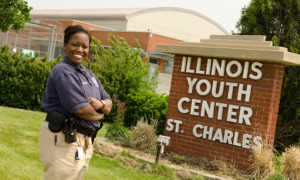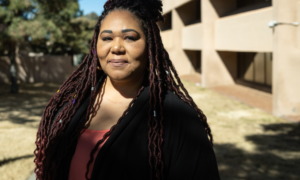 In almost 10 years as a social worker, I cannot count the number of times people have referred to my profession as “women’s work.” Just last week, in fact. I then felt defensive and protective of social work, a field I have long embraced. But the longer I thought about it the more I realized that social work as it currently stands is in fact “women’s work.”
In almost 10 years as a social worker, I cannot count the number of times people have referred to my profession as “women’s work.” Just last week, in fact. I then felt defensive and protective of social work, a field I have long embraced. But the longer I thought about it the more I realized that social work as it currently stands is in fact “women’s work.”
Nearly 85 percent of social workers in the U.S. are women and recent research suggests a steady decline in the number of males receiving graduate degrees in the field. The international statistics are quite similar. These disproportionate figures seem rather ironic for a field that seeks to personify inclusivity, respect for diversity, competence and the importance of human relationships.
Society has long assigned women and men to specific and constructed gender roles: men as virile breadwinners and women as fragile caregivers. These antediluvian notions of men and women are somehow accepted as the truth and embraced in ways that further engender and concentrate harmful and marginalizing stereotypes.
Among the explanations of gender discrepancy in social work is the notion that women are more attracted to social work than men because both social work and women are inherently “caring.” This is a dangerous and inexact conjecture. Sure, if you are a heartless bastard you probably will not make a great social worker, nor will you even want to be one.
Longevity in the profession of social work necessitates a set of skills that are hardly gender-specific and have little to do with sensitivity. Endurance and fulfillment as a social worker or human-service professional requires the ability to set and maintain solid boundaries with persuasive and resourceful individuals.
Professionals who provide cooperative and effective services to these vulnerable populations must have a highly developed sense of self-awareness and the desire to constantly incorporate new information into their mental schemas. Social workers and other professionals must maintain cultural curiosity and consciousness. At the end of the day, good social work is really about organization, prioritization, collaboration and communication, none of which are verifiably gender specific.
The gender discrepancy in social work stems first and foremost from our deeply ingrained societal belief that men somehow become emasculated if they express sentiment or engage in meaningful connection. This disparity is further compounded by social work’s notoriously low salaries, at times unpleasant working conditions and the general public’s ignorance about what it really means to be a social worker.
Sadly, it appears as though my beloved profession — though proud in its mission, scrappy in its delivery and significant by its sheer existence — wavers in its commitment to the male perspective. Yet the entire concept of social work is predicated on its ability to empower and create change. The time for social work to empower and create change within its own ranks is now.
It is vital that social workers and other human service professionals that operate with similar strengths-based frameworks recognize and acknowledge this vast gender disparity as harmful and burdensome to the already vulnerable and disenfranchised people who we serve. Anything less feels a little too much like hypocrisy and discourages especially susceptible populations, such as minority youths, from seeking treatment or support when it is needed the most.
We must stop accepting a heavily gender-biased perspective as ultimate truth. It is critical for the governing bodies of social work and other human service fields to encourage and support men in access to education, training and professional development. No true social worker should accept a world where men must fight against their self-perceptions in order to experience this exceptional, inspiring and stirring profession. It is called social work, not women’s work.
Natalie Tuffield is a licensed social worker with nearly a decade of experience in community mental health and homeless services. She also writes a blog, “Mostly Tragic Tales of Dating, Living & Working in the Mile High City.”
































